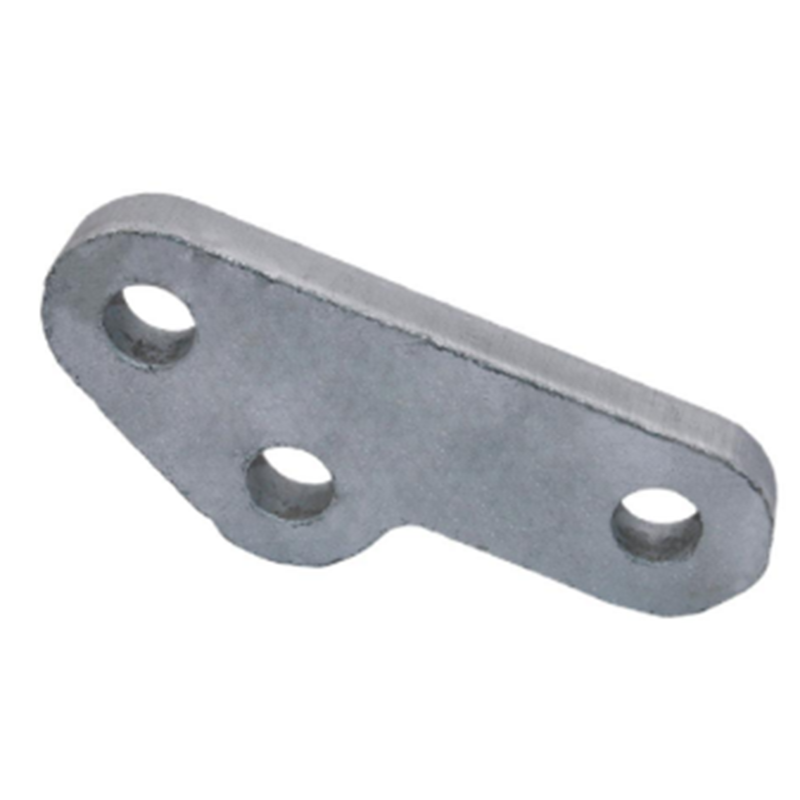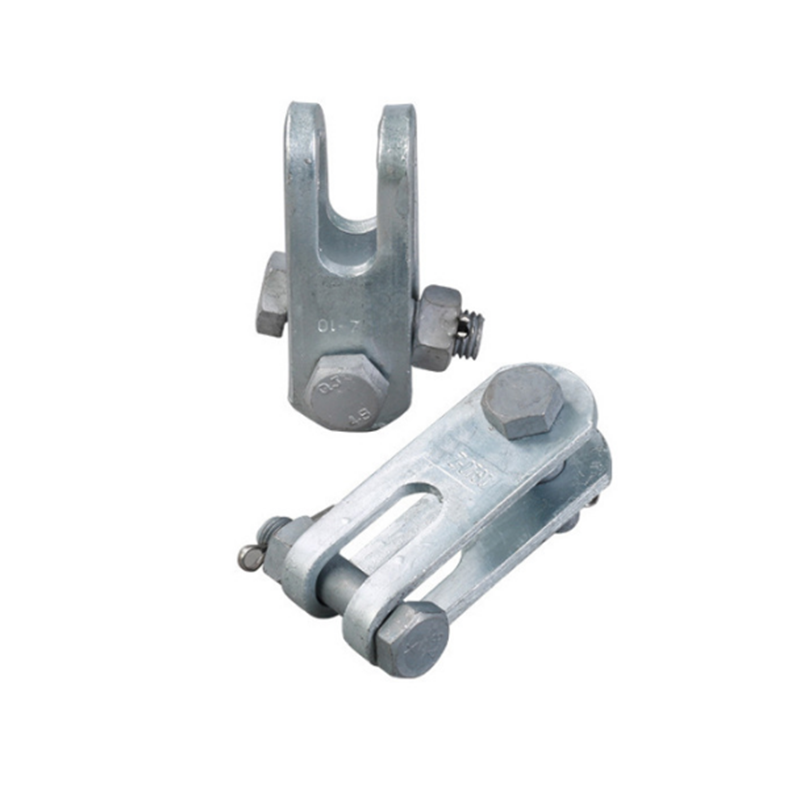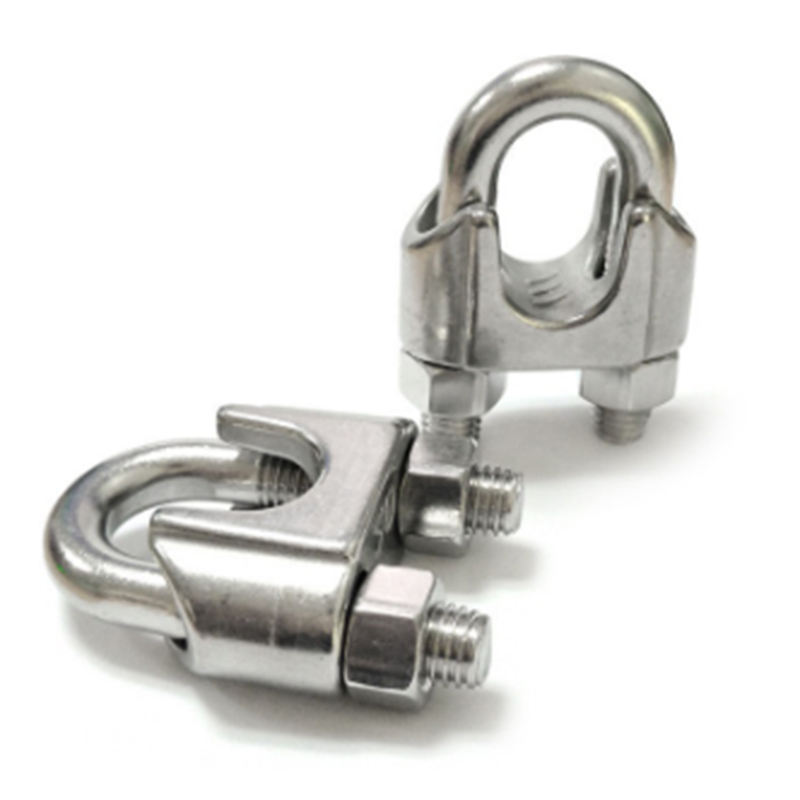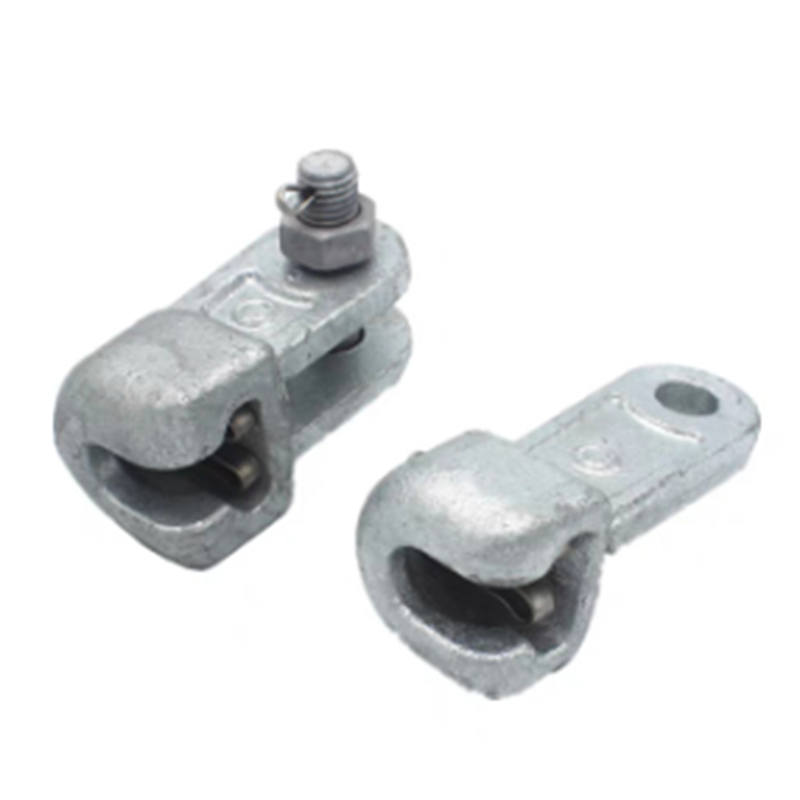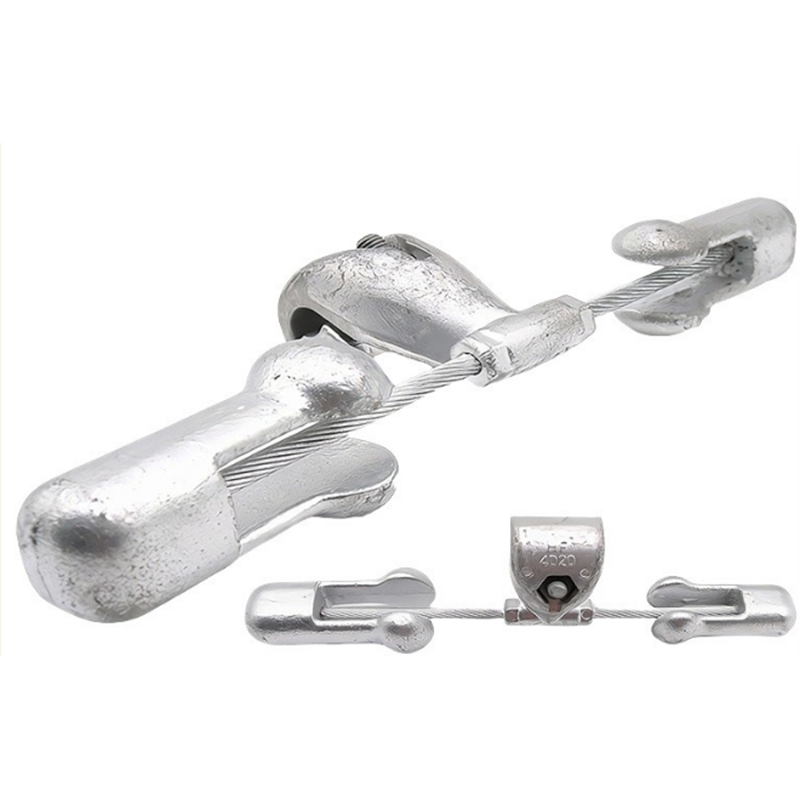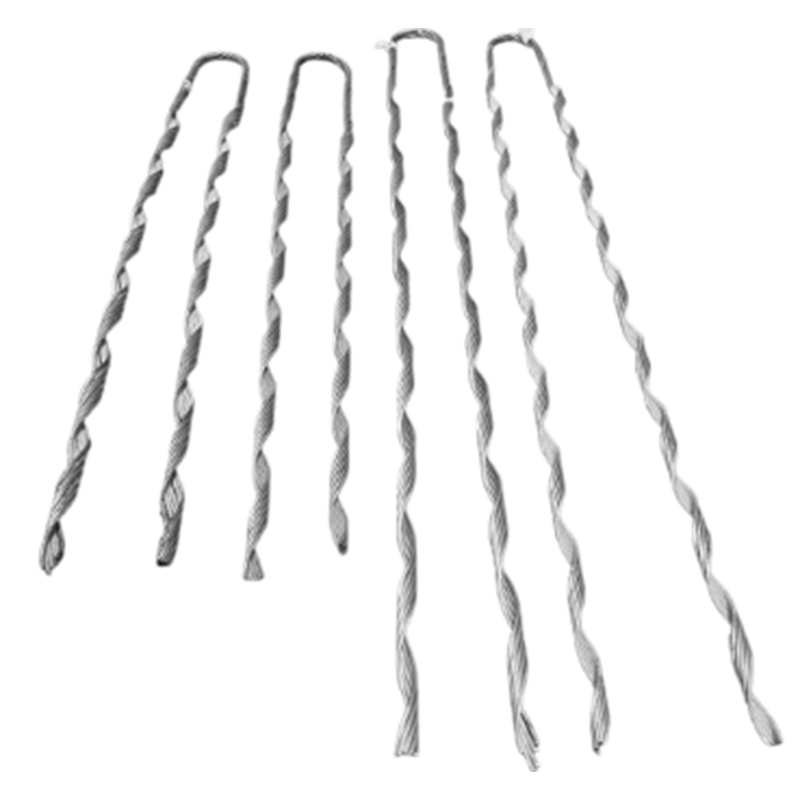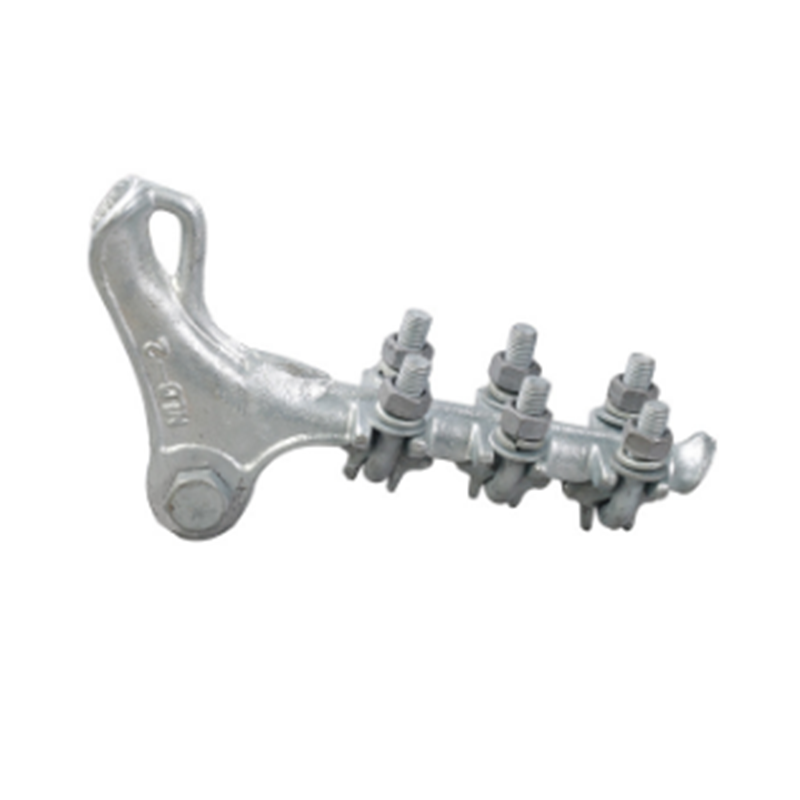- Chinese
- French
- German
- Portuguese
- Spanish
- Russian
- Japanese
- Korean
- Arabic
- Irish
- Greek
- Turkish
- Italian
- Danish
- Romanian
- Indonesian
- Czech
- Afrikaans
- Swedish
- Polish
- Basque
- Catalan
- Esperanto
- Hindi
- Lao
- Albanian
- Amharic
- Armenian
- Azerbaijani
- Belarusian
- Bengali
- Bosnian
- Bulgarian
- Cebuano
- Chichewa
- Corsican
- Croatian
- Dutch
- Estonian
- Filipino
- Finnish
- Frisian
- Galician
- Georgian
- Gujarati
- Haitian
- Hausa
- Hawaiian
- Hebrew
- Hmong
- Hungarian
- Icelandic
- Igbo
- Javanese
- Kannada
- Kazakh
- Khmer
- Kurdish
- Kyrgyz
- Latin
- Latvian
- Lithuanian
- Luxembou..
- Macedonian
- Malagasy
- Malay
- Malayalam
- Maltese
- Maori
- Marathi
- Mongolian
- Burmese
- Nepali
- Norwegian
- Pashto
- Persian
- Punjabi
- Serbian
- Sesotho
- Sinhala
- Slovak
- Slovenian
- Somali
- Samoan
- Scots Gaelic
- Shona
- Sindhi
- Sundanese
- Swahili
- Tajik
- Tamil
- Telugu
- Thai
- Ukrainian
- Urdu
- Uzbek
- Vietnamese
- Welsh
- Xhosa
- Yiddish
- Yoruba
- Zulu
- Kinyarwanda
- Tatar
- Oriya
- Turkmen
- Uyghur

Bolt Material
Understanding Bolt Material: Choices and Implications
When it comes to picking the right bolt material, it's not just about ensuring that two pieces hold together. It's a critical choice that impacts the longevity, reliability, and safety of whatever you're building. This discussion explores the nuances, misconceptions, and practical insights gained from years in the industry.
Common Misconceptions About Bolt Material
Many assume that a stronger bolt is always the better choice. This isn't necessarily true. Strength must be balanced with other factors like flexibility and corrosion resistance. Using the strongest material might lead to unexpected failures under conditions involving temperature fluctuations or chemical exposure.
An example: stainless steel is often selected for its corrosion resistance. But without considering its compatibility with the materials it joins, galvanic corrosion can still occur. This oversight can lead to disastrous outcomes, especially in marine applications or chemical plants where corrosive agents are present.
The experience at Handan Shengfeng Hardware Fastener Factory has shown that choosing bolt material involves a nuanced understanding of the environmental conditions and mechanical demands. The factory, located in the Hebei Pu Tiexi Industrial Zone, not far from a major highway, has demonstrated the importance of material choices through its extensive product offerings.
The Balance of Strength and Flexibility
The interplay between strength and flexibility can't be overstated. When customers inquire at Shengfeng Hardware, they're often surprised to learn that the strongest bolt isn't always advisable. A brittle, strong bolt can crack under stress or vibration rather than absorb impact, which could lead to catastrophic failure.
Consider carbon steel—a popular choice due to its cost-effectiveness and strength. Yet, for applications subject to high vibration or thermal cycling, a grade that allows for some deformation without losing structural integrity might be better.
There's a truth in observing machinery over time: bolts that allow for a degree of movement tend to last longer in dynamic environments. Understanding this balance often differentiates successful applications from those prone to unexpected maintenance issues.
Corrosion Resistance and Environmental Impact
Corrosion is an ever-present foe in the world of fasteners. Here in Handan, where Shengfeng Hardware is based, the climate can vary, which influences corrosion rates. Selecting a bolt material that aligns with the specific conditions can extend the life of the entire project.
Galvanized coatings might suffice for some, but in regions with higher salinity, like coastal areas, stainless steel or specialized coatings may be necessary. The factory's location and experience with various materials allow for a unique perspective on these challenges.
Practical advice often comes from observing failures and successes in the field. Understanding why a bolt corroded, despite preventive measures, can often lead to innovative solutions or material choices that others may overlook.
Real-World Cases and Learnings
At Shengfeng Hardware, we engage with diverse clients, each with unique challenges. One notable project involved constructing a plant in an area with high humidity and chemical exposure. The initial choice of bolts failed within months due to overlooking the specific environmental stressors.
Reassessment and switching to a duplex stainless steel resolved this. It underscored the costly lesson that cheap upfront costs can lead to expensive corrections if inappropriate material choices are made. This experience informed many future decisions, shaping how we guide our clients today.
These real-world learning experiences are essential. They drive home the importance of tailoring decisions not just to immediate costs, but to long-term reliability and safety—not merely as a manufacturer but as a partner in success.
Practical Guidance on Choosing Bolt Materials
Understanding that every application requires a tailored approach is key. At Shengfeng Hardware, we emphasize the need to catalog environmental factors, mechanical demands, and budget considerations to settle on a suitable bolt material.
One effective approach is inviting cross-disciplinary feedback early in the design phase, ensuring that material science, engineering, and financial considerations align. This collaborative foresight often reveals challenges and necessities otherwise overlooked.
In conclusion, selecting the right bolt material extends beyond surface-level features. It requires a seasoned understanding of application contexts, environmental conditions, and potential risks. For more specialized guidance, exploring options with manufacturers like Shengfeng Hardware can provide invaluable insight.
Соответствующая продукция
Соответствующая продукция







